What Our Students Say
Did you know!
- If you are 19-23, and don’t already have a full level 3 qualification, course fees will be waivered. This means you don’t have to pay anything for the course.
- If you are 19-23 and already have a full level 3 qualification or 24+, you can take out an Advanced Learner Loan. Student Finance England will ‘write off’ any outstanding Advanced Learner Loan balances you owe for an Access to HE course once you have completed your degree. This means you might not have to repay the loan.
- You will be studying alongside other adults aged 19 and over, and will be fully supported by experienced tutors.
Course Information
Introduction
Are you interested in learning more about the forces that shape societies and the people within them? Do you want to learn more about the intricacies of the human mind and the factors that drive behaviour? Do you want a career in Social Work, Psychology or Education? Do you want to study for a degree, but don’t yet have the qualifications to enable entry into university? If so, then this course is for you.
Access to HE courses aim to prepare 19+ learners for degree level study. These courses are ideal for adult learners who want to develop the skills and knowledge needed for university.
This course will enable progression to a wide range of courses at university including Social Work, Psychology, Sociology, Criminology, Education and Social policy.
We also have specialist pathways for students wanting to study Social Work or Psychology at university.
This course is validated by Gateway.
Overview
This is a 60 credit diploma course. 15 credits are from ungraded units and 45 credits are from graded units. Graded units are assessed at pass, merit and distinction (See unit/modules for breakdown of units).
This course aims to develop the skills and knowledge required for undergraduate courses in the Social Sciences. Students will develop their academic writing skills and build a strong foundational knowledge in Psychology, Sociology, Criminology and Social Policy.
Who is this course for?
This course is designed for busy adult learners with other commitments. Delivery of the course is a mixture of class-based activities and online learning so you will attend college two days per week. In-class activities will involve lectures, group work, peer learning and project-based tasks. You will also have access to online course materials via Google Classroom, which can be accessed via your laptop, tablet and mobile phone.
Course units/modules
The social science course is split into 2 pathways:
- General Social Science pathway (with optional social work unit). This pathway is suitable for students who want to study Social Work, Sociology, Social Policy, Criminology and Education at university. This pathway will also benefit students who want to study a mixture of sociology, criminology and psychology.
- Psychology Pathway. This pathway is suitable for students who want to specialise in Psychology or Mental Health courses at university.
Students on the General Social Science pathway will study the following units:
Ungraded study skills units:
- Introduction to planning a research project: 3 credits
- Introduction to data analysis and report writing: 3 credits
- Academic skills for HE: 3 credits
- Time management and organisation: 3 credits
- Researching Opportunities in HE: 3 credits
In addition, you will study these specialist topics (Graded at pass, merit and distinction):
- Psychological perspectives: 6 credits
- Psychology research methods : 3 credits
- Sociology: Key concepts and theoretical approaches in sociology: 3 credits
- Sociology: Inequalities, differences and diversity in contemporary society: 6 credits
- Introduction to crime and deviance: 3 credits
- Sociological theories of crime: 6 credits Introduction to social policy and welfare: 3 credits
- Social policy: Theoretical Perspectives and Social Diversity: 6 credits
- Development in childhood: 3 credits
- Development of gender, moral awareness and self-concept: 6 credits
Students on the Psychology pathway will study the following units:
Ungraded study skills units:
- Information Technology skills for Access to HE: 3 credits
- Using numeracy and data for research: 3 credits
- Academic skills for HE : 3 credits
- Time management and organisation: 3 credits
- Researching Opportunities in HE: 3 credits
In addition, students will study these specialist topics (Graded at pass, merit and distinction):
- Psychological perspectives: 6 credits
- Psychology research methods: 3 credits
- The nervous system: Understanding the brain and behaviour: 3 credits
- The nervous system: Neurochemistry and the impact of drugs on behaviour: 3 credits
- Higher Skills in Maths: Normal distribution and testing: 6 credits
- Planning a psychology or Healthcare project: 3 credits
- Conducting a psychology or Healthcare project: 6 credits
- Development in childhood: 3 credits
- Development of gender, moral awareness and self-concept: 6 credits Psychological Aspects of Health and Illness: 6 credits
Benefits and skills
This course will give you the underpinning knowledge required for degree level study in specialist topics such as sociology, psychology, criminology and social policy.In addition, you will improve your academic skills such as academic writing, researching, critical thinking and information literacy skills.
You will also develop skills valued by employers. These include teamwork, data analysis, time management and problem-solving skills. By the end of the course, you will also be proficient at using a range of word processing and spreadsheet software including Microsoft Office and G Suite. For example, you will be able to use spreadsheets to analyse data.
Entry requirements
GCSEs in English and maths and English at grade 4 or above. Equivalent qualifications may be considered. Additional requirements include a successful interview and demonstration of appropriate sector care values.
Available apprenticeships and progression options
Progression may include a relevant social science degree or social work degree. Students who complete the social science pathway typically progress to university to study the following degrees:
- Sociology
- Criminology
- Social policy
- Sociology and Criminology
- Social Work
- Working with families and young people
- Youth work
- Psychology (Including BSc in Psychology, BSc in Psychology with counselling and Psychology and criminology). Note we do have a specialist psychology pathway for students wanting to specialise in psychology.
Some students have also progressed to university to study politics, international relations and history. However, you will need to check with the universities to ensure that the units delivered on this pathway meet their entry requirements.
Assessment types
You will be assessed via range coursework including essays, exams, reports, academic posters, presentations and booklets.
Employment Statistics
-
Social workers
Average Salary£40,040
-
Residential, day and domiciliary care managers and proprietors
Average Salary£41,600
-
Welfare and housing associate professionals n.e.c.
Average Salary£28,080


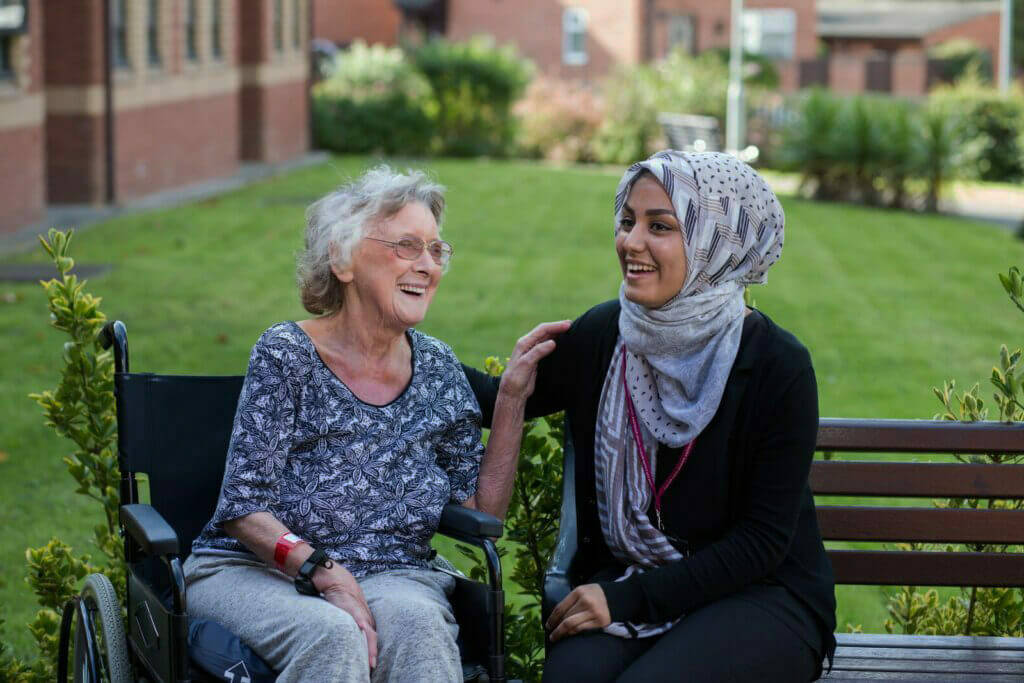
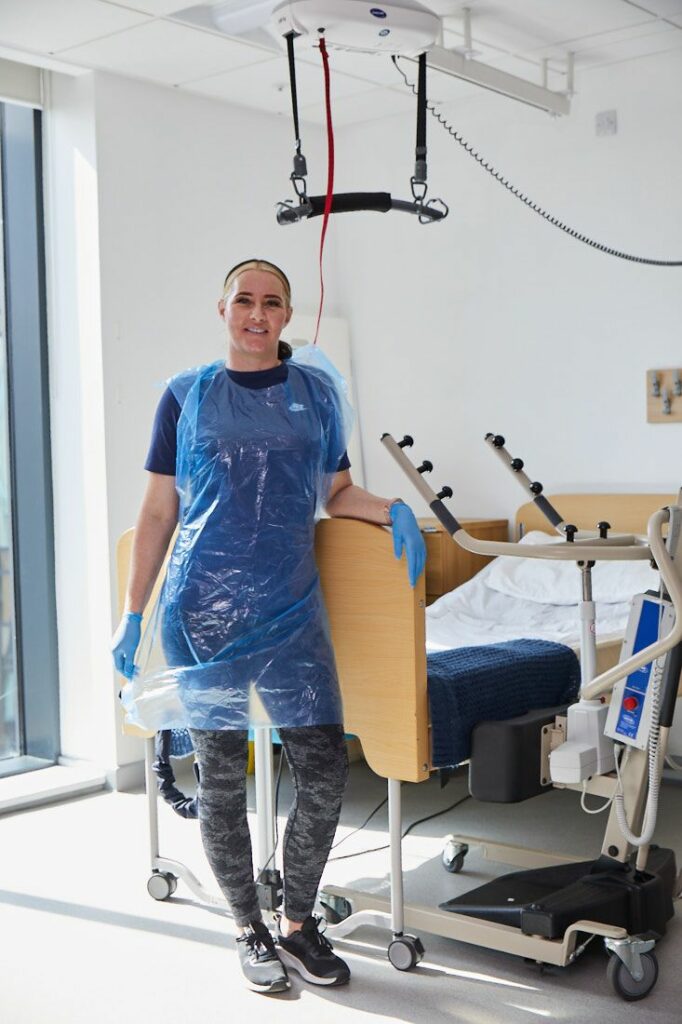
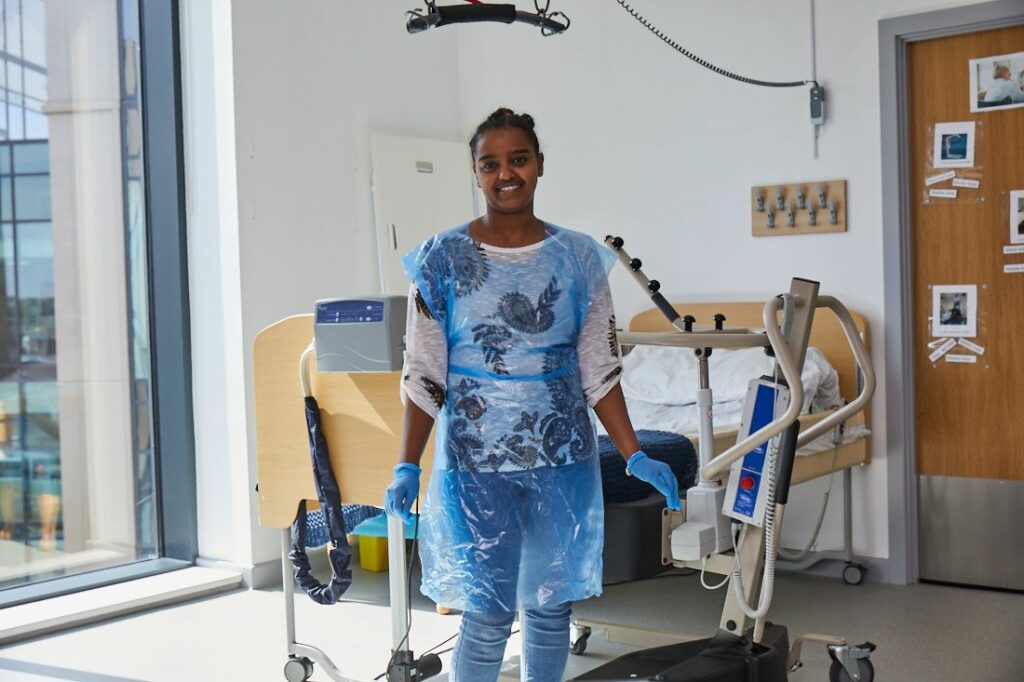
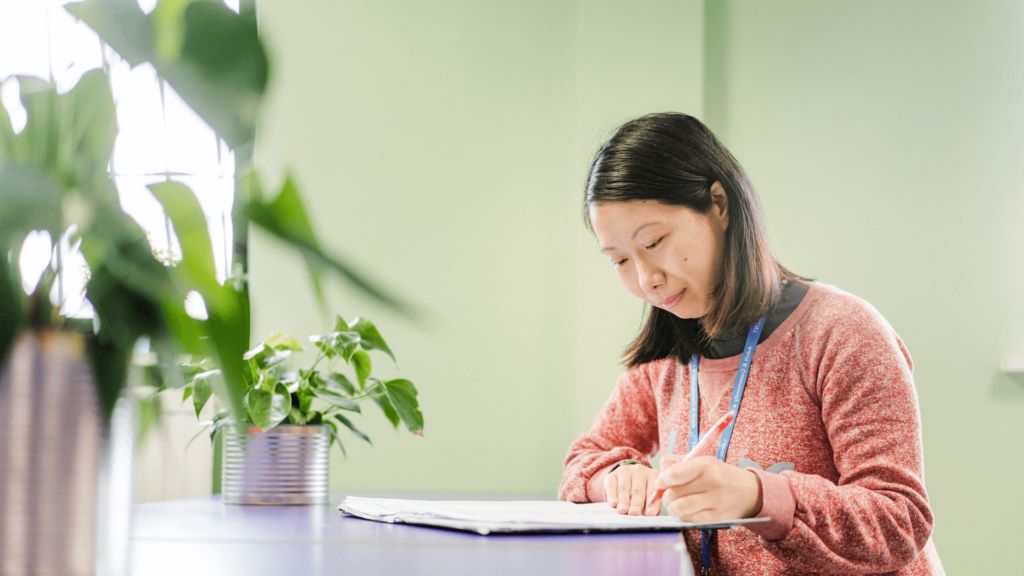
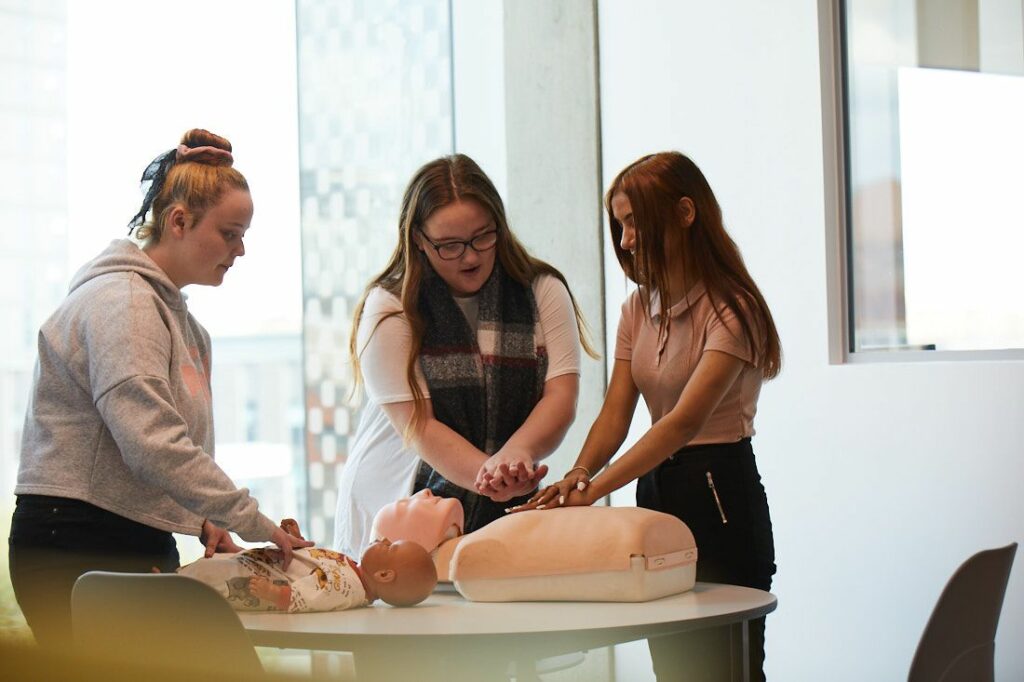
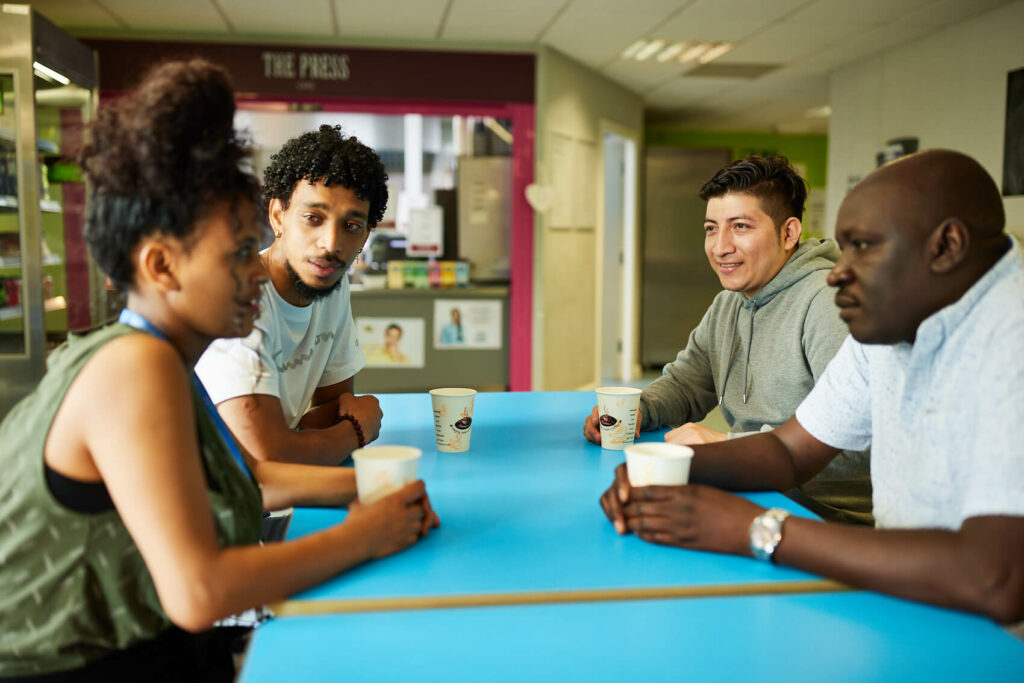
Follow us on Social Media